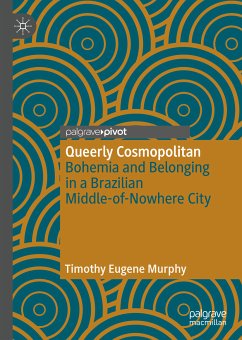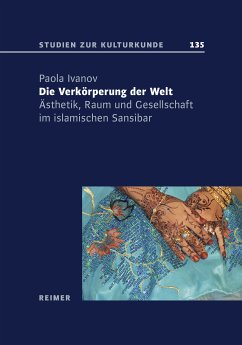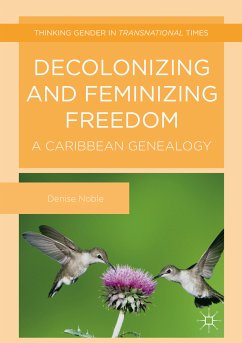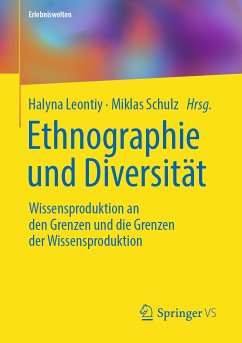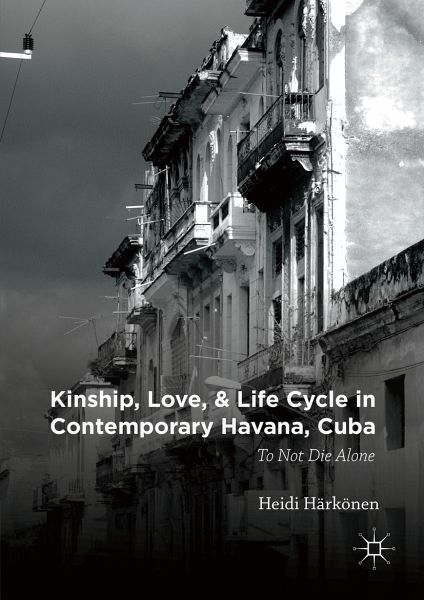
Kinship, Love, and Life Cycle in Contemporary Havana, Cuba (eBook, PDF)
To Not Die Alone
Versandkostenfrei!
Sofort per Download lieferbar
40,95 €
inkl. MwSt.
Weitere Ausgaben:

PAYBACK Punkte
20 °P sammeln!
Kinship, Love, and Life Cycle in Contemporary Havana, Cuba is an ethnographic analysis of gender, kinship, and love in contemporary Cuba. The book documents how low-income Havana residents negotiate their social relations through gendered caring practices over the life cycle from birth to death.
Dieser Download kann aus rechtlichen Gründen nur mit Rechnungsadresse in A, B, BG, CY, CZ, D, DK, EW, E, FIN, F, GR, HR, H, IRL, I, LT, L, LR, M, NL, PL, P, R, S, SLO, SK ausgeliefert werden.




